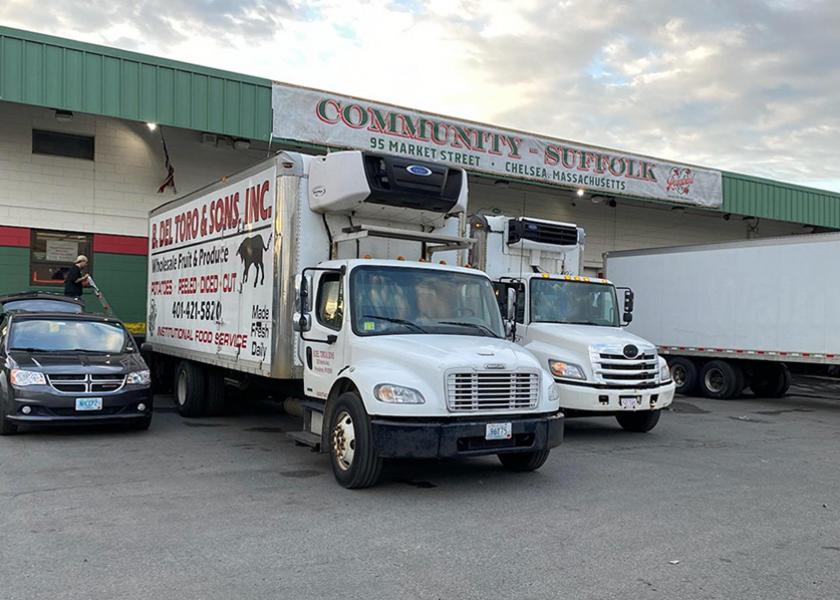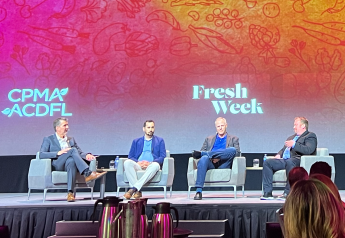Boston distributors cope with inflation

Like other produce suppliers, Boston-area companies have felt the impact of inflation. Freight costs to Boston from California are up 20% to 25%, said Steven Piazza, managing partner at Chelsea, Mass.-based Community-Suffolk Inc.
The cost of some container business involving Israeli carrots also has risen 20% to 25% compared to two years ago. “It’s unfortunate that a lot of that cost has to be borne by the consumer eventually,” Piazza said. “But everybody in the industry is in the same predicament, so it’s not unexpected.”
Peter John Condakes, president of Peter Condakes Co. Inc., based at the New England Produce Center in Chelsea, said in early August, however, that the price of fuel is actually more reasonable than it was eight weeks ago. “It has dropped precipitously, but not to where we started from,” he said.
The price of gasoline skyrocketed from $3.18 per gallon to $5.20 per gallon, but by early August, had dropped to $4.40. Diesel fuel was listed at $5.48 per gallon on Aug. 10, down about 54 cents from a month earlier.
The cost of transportation also seemed to be falling slightly. Freight rates have adjusted down since last fall, but not to where they started from,” Condakes said
The cost of transporting a load of produce from California to Boston was $13,000 in November/December but had dropped to $10,500 by August, he said. But it still was higher than the pre-pandemic cost of around $8,000.
Produce packaging costs also were on the rise. The cost of boxes and clamshells for tomatoes was “outrageously higher,” Condakes said. Prices had risen 40% to 60%.
Produce prices are market driven and can’t automatically be raised to cover added costs, he said. But still, prices a supplier charges have to reflect some of the cost increase, he said, “or you won’t be here for very long.” Most customers are aware of the pricing challenges produce companies face because they face their own challenges, he said.







